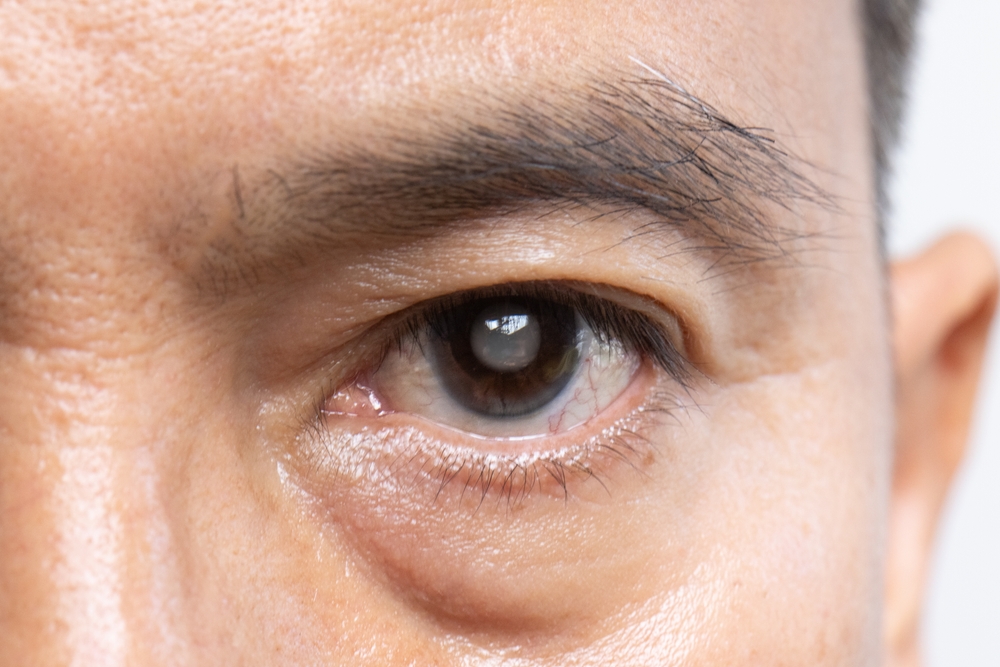
Cataracts are one of the most common eye conditions that develop with age, gradually affecting vision and making daily activities more difficult. Left untreated, cataracts can lead to significant vision impairment, but early detection through regular eye exams can help maintain clear sight. Understanding the symptoms and warning signs of cataracts is crucial for seeking timely care.
What Are Cataracts?
Cataracts occur when the natural lens of the eye becomes cloudy, preventing light from passing through clearly. This clouding is usually caused by protein buildup in the lens, which disrupts normal vision. Cataracts typically develop slowly, and many people may not notice changes in their sight until the condition progresses.
Symptoms of Cataracts to Be Aware Of
The early signs of cataracts can be subtle, but they gradually become more noticeable over time. Some of the most common symptoms include:
Blurred or Cloudy Vision – Vision may seem foggy or dim, making it harder to see details clearly.
Increased Sensitivity to Light – Bright lights, such as headlights or sunlight, may cause discomfort or glare.
Difficulty Seeing at Night – Many individuals with cataracts struggle with night vision, making driving in low-light conditions hazardous.
Halos Around Lights – Affected individuals often notice halos or rings around light sources.
Frequent Prescription Changes – If you find yourself needing new eyeglasses or contact lenses frequently, it may be due to cataract progression.
Diminished Color Perception – Colors may appear faded or yellowed, making it harder to distinguish shades.
The Importance of Regular Eye Exams
Cataracts develop gradually, and early detection is key to managing the condition effectively. Comprehensive eye exams allow your eye doctor to monitor any changes in your vision and determine the right course of action. While prescription eyewear or improved lighting can help in the early stages, cataract surgery may eventually be necessary to restore clear vision.
Routine eye exams not only help identify cataracts but also detect other serious eye conditions, such as glaucoma and macular degeneration. By staying proactive with your eye health, you can preserve your vision and maintain a high quality of life.
Schedule Your Eye Exam with Holicki Eye Centers and Optical Today
Cataracts are a natural part of aging, but they don’t have to compromise your vision. Recognizing the early warning signs and scheduling regular eye exams can help you take control of your eye health.
If you have been experiencing changes in your vision, schedule a comprehensive eye exam with Holicki Eye Centers and Optical to get a clear picture of your eye health and explore cataract treatment options. Visit any of our offices in Sturgis and Coldwater, Michigan, or Angola, Indiana. Please call (269) 659-4545, (517) 279-7927, (260) 665-5015, or visit our website to book an appointment today.




